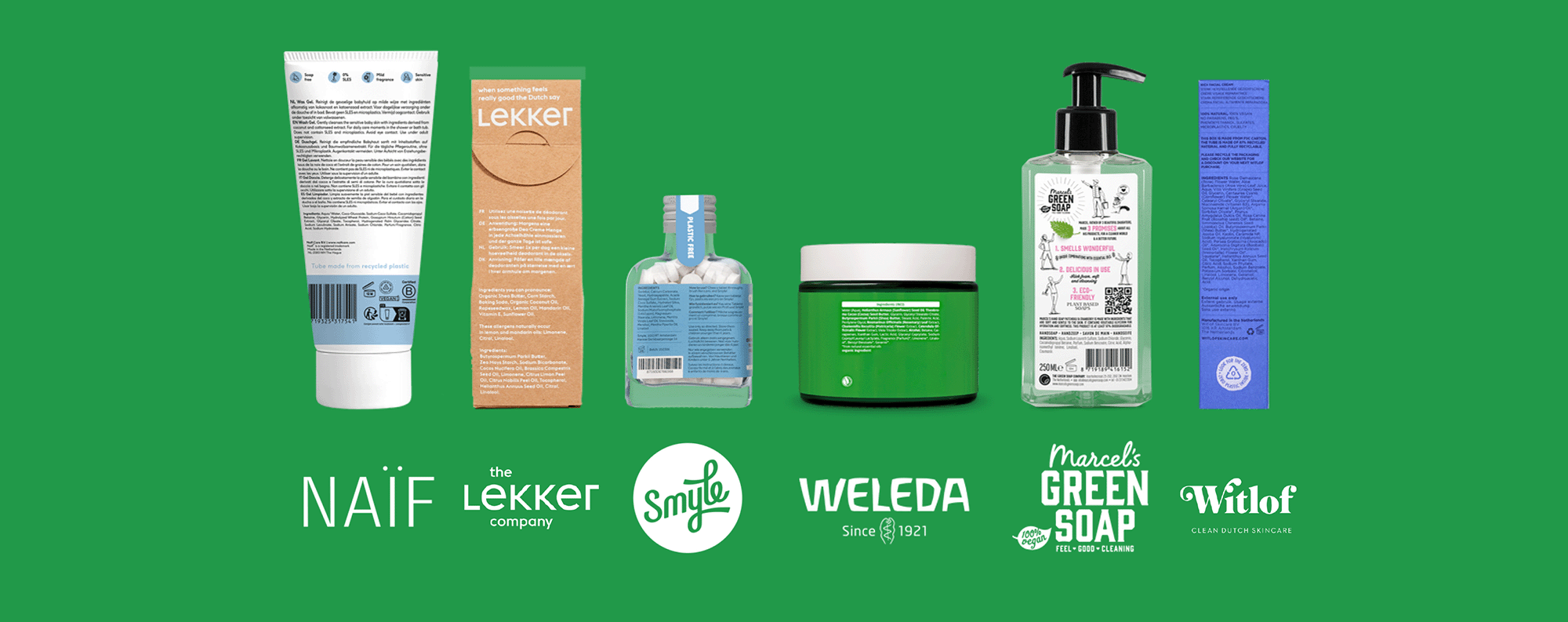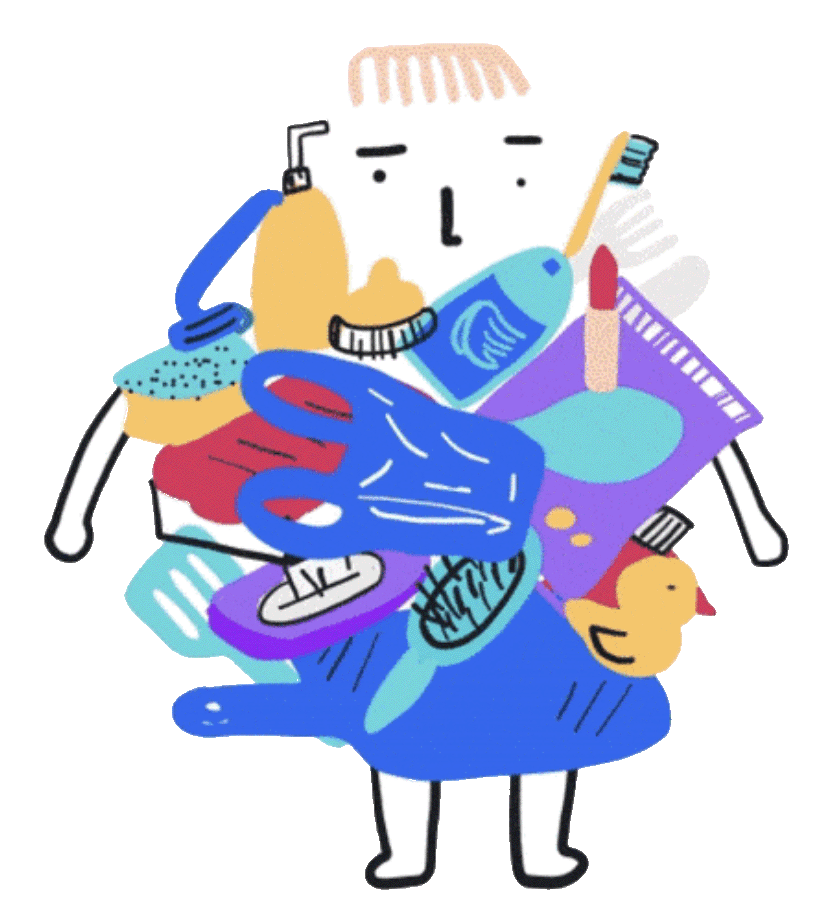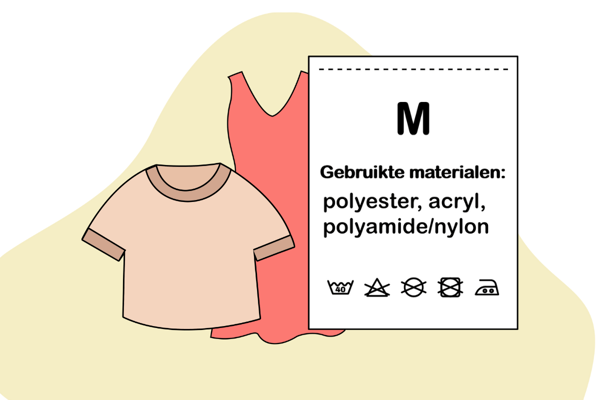Check your products and go plastic-free
We put plastic on our skin, on our baby’s skin, in our mouths and we breathe it in. Microplastics are everywhere: in nature, and inside your body. That’s a big problem for something so small.
Most people don’t realise that many of the products in their bathroom still contain microplastics. But they do. Thankfully, some brands are already plastic-free and YES, it really can be done differently. That way, you can trust what’s in your products.
We believe in a fairer, healthier world and we’re doing everything we can to make that happen.
But how can you tell what’s safe?
Let’s face it: most of us don’t know which ingredients to avoid. And you shouldn’t have to memorise complicated chemical names to protect your health.
That’s why we created the PlasticFreeFuture app, with the support of our community and the knowledge of leading scientists. With one simple scan, you’ll know exactly whether a product contains microplastics.
Download the app and scan the label.
Protect your body and the planet in seconds.
Protect your body and the planet in seconds.
Beat The Microbead
Microbeads are a type of microplastic with a specific function to exfoliate or scrub. In cosmetics, “microplastic” refers to all types of minuscule plastic particles (smaller than 5 mm) that are deliberately added to cosmetics and care products. They are often used as an emulsifier or simply as a cheap filler. Microplastics in our care products are not limited to microbeads. The term ‘microplastic’ is not consistently defined, but is considered to refer to small, usually microscopic particles made of a synthetic polymer. From sunscreen and shampoos to make-up and deodorant, microplastics are used in all kinds of products.
Do you want to know if there are microplastics in your care products? Scan the ingredients list of your toothpaste, shampoo and cream with our app PlasticFreeFuture. In the store you can also immediately see what plastic-free products to buy, such as Naif, The Lekker Company, Smyle, Weleda, Marcel’s Green Soap or Witlof.
Do microplastics threaten our health?
The smaller the plastic, the greater the impact on our health. Scientific research shows that plastic is found almost everywhere in the human body. Plastic particles have even been found in fetuses, with all the possible consequences that entails.
That is why the Plastic Soup Foundation is doing everything it can to stop plastic pollution at the source. This is the only way we can protect future generations from the consequences.
Since 2019, scientific evidence has been piling up that these plastics pose a risk to humans. We not only eat, drink and breathe plastic, it has also been found in our blood and organs. Scientists are linking it to various symptoms of illness, such as disruption of our immune system, lung problems and various forms of cancer.
9 out of 10 care products contain microplastics
Microplastics in 87% of popular cosmetics
Research by the Plastic Soup Foundation shows that 87% of the products of the ten best-selling cosmetic brands contain microplastics. The research examined 7,704 cosmetic and care products from the ten most popular brands of the four largest cosmetics manufacturers in Europe. Plastic: The Hidden Beauty Ingredientis a report of the very first large-scale study into the presence of microplastics in over seven thousand different cosmetics and care products. Of the products examined, 87% were found to contain microplastics. We classify all possible synthetic polymers under this heading, regardless of whether they are added in solid, liquid, semi-liquid or water-soluble form, as well as nanoplastics and biodegradable plastics.
Scientists are concerned about the possible consequences for human health. In 2022, scientists from the Vrije Universiteit Amsterdam and the VUmc demonstrated for the first time the presence of synthetic polymers in human blood, in almost 80% of the subjects examined.
Built for you and powered by support
We developed the PlasticFreeFuture app to protect people, not profits. It’s free to use, backed by science and made possible thanks to the support of donors. With their help, we can keep improving the app and keep fighting plastic at the source.
Want to help us do more? Support our work.
The fine print of these brands are microplastic-free:



.png)



